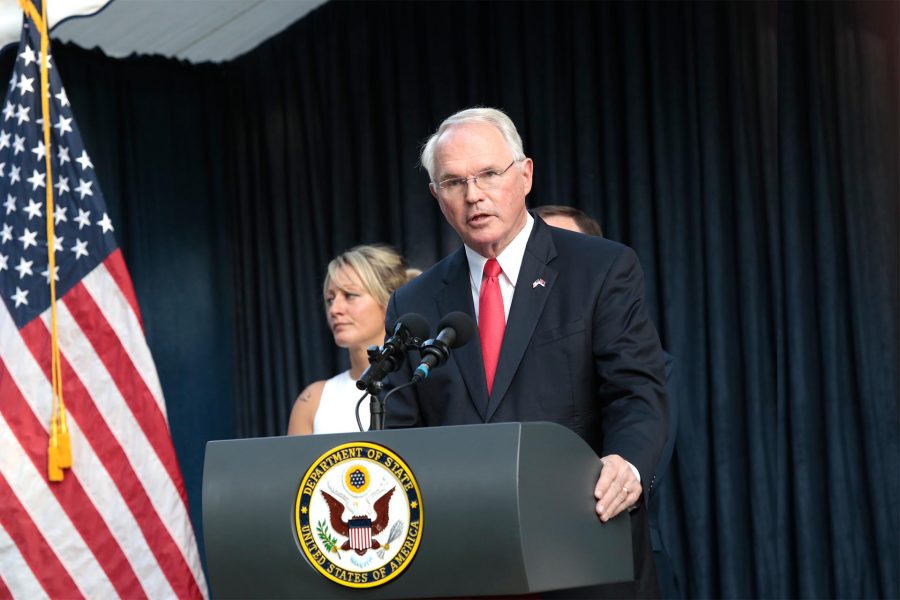During the EU-Western Balkans summit hosted by the “Friends of Europe” think tank in Brussels, Miroslav Lajčak, the EU’s Special Representative for Dialogue, emphasized the importance of EU membership as a unique chance for the Western Balkans.
He noted progress in the region but also pointed out the persistent issue of corruption as a major concern.
Lajčak proposed that the region should break free from its current state of stagnation. He outlined two approaches to achieve this: Firstly, to extend opportunities to Ukraine and Moldova, as their positive momentum and commitment could serve as an example for the Balkans. Secondly, he believed that if one country in the region makes headway, it would likely inspire and mobilize the rest, due to the close observation amongst neighboring states.

Christopher Hill, the U.S. Ambassador to Serbia, also addressed the Summit. He confirmed U.S. support for incorporating the Western Balkans into the EU, asserting that, from the American viewpoint, joining the EU represents the sole path forward. Hill remarked on Serbia’s unique history and its challenges. He compared the nation’s historical burdens to winning a hypothetical ‘heavy history Olympics’ with a gold medal. He stressed the importance of these nations moving in the right direction with internal reforms and alignment with EU standards.
Hill emphasized the necessity for regional cooperation, stating that the specific name of the initiative, whether it’s the Open Balkans, the Berlin Process, or any other, is less important than the action itself. He referred to the historical example of the 1878 Berlin Congress, highlighting how countries once felt the need to align with greater powers, and how vital mutual cooperation and the establishment of collaborative patterns were, despite not being a natural course of action for them.